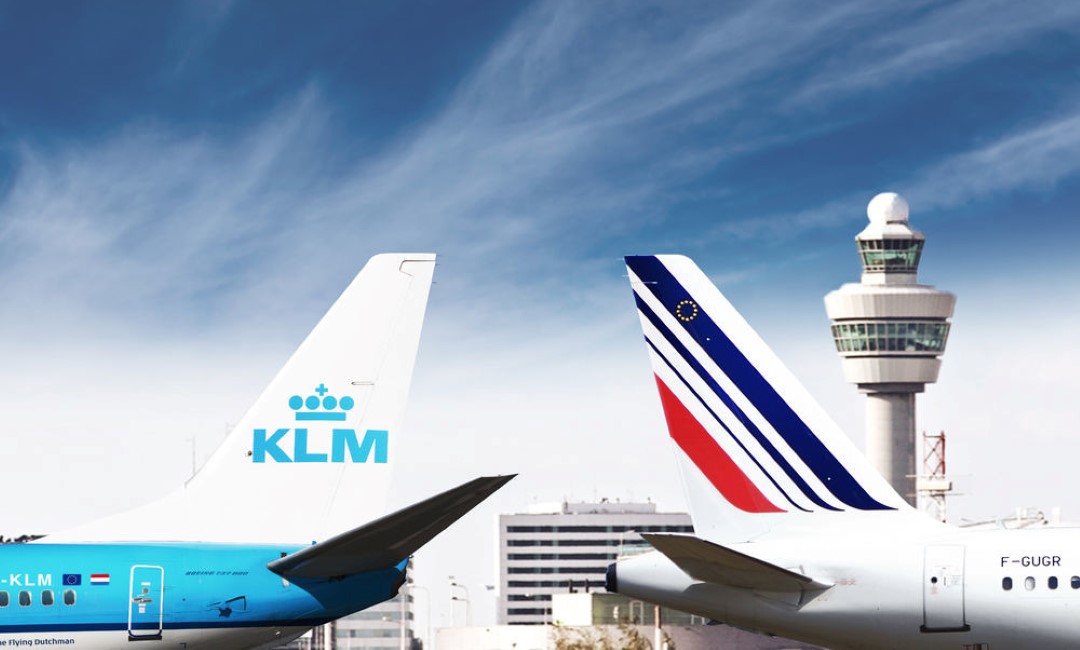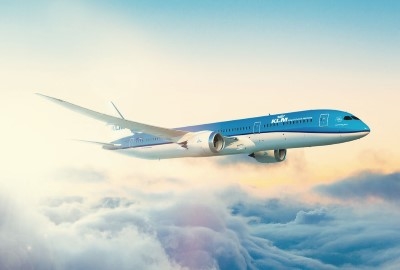Air France-KLM CO2 emissions reduction targets for 2030 are now ‘SBTi-approved’
The Air France-KLM Group has announced that its targets to reduce its CO₂ emissions by 2030 have been approved by the Science Based Targets initiative (SBTi). This is a global body that helps companies set climate targets in line with the Paris climate agreements.

Air France-KLM commits to a 30% reduction per revenue tonne kilometre of its well-to-wake jet fuel greenhouse gas emissions by 2030 compared to 2019, the benchmark year. The SBTi has agreed that Air France-KLM 2030 emissions reduction targets are in line with the “well-below 2°C” objective, consistent with the Paris agreement. The decision marks an important milestone in Air France-KLM Group’s sustainability roadmap, defined with clear and actionable levers to reach its 2030 CO₂ reduction targets.
Many companies have ambitions to become more sustainable and also set targets to reduce their CO₂ emissions. Since 2015, the Science-Based Target initiative (SBTi) has offered help in determining whether this point on the horizon is sufficiently substantiated. The initiative developed a scientific method to determine a company's CO₂ reduction targets in such a way that they are in line with the Paris targets to keep global warming well below 2 °C. Any company can have its sustainability ambitions 'validated' by the SBTi.
More and more companies are opting for science-based targets in their sustainability strategy. Internationally, Apple, Nestlé, Coca-Cola and H&M, among others, joined in. In the Netherlands, Heineken, ASML, PostNL, Philips and KPN embraced the new standard.


